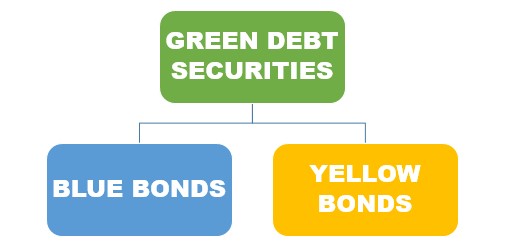The system of stock exchange-based company share buybacks was phased out on Tuesday by the Board of Directors of capital markets regulator SEBI.
To buyback is to purchase again. A firm may repurchase its shares from shareholders through a buyback, often known as a share repurchase. Usually, firms repurchase their stock at a premium to the going market rate. There are two different forms of buybacks, and companies can select between the following two options:

A Tender Offer Or Through The Open Market:
Tender Offer: Shareholders of corporations are sent a tender offer that asks them to surrender, or tender, all or a portion of their shares within a certain time period. The offer includes a price range for the shares as well as the quantity of shares the corporation intends to repurchase. Investors who agree to tender their shares do so by stating the number of shares and the price they are ready to accept. Following receipt of all proposals, the corporation selects the best combination to purchase the shares for the most affordable price.
Open Market: A company may also purchase its shares on the open market at the going rate, which is frequently done. However, when a repurchase is announced, the stock price immediately increases since the market views it as a positive indicator.
Following the meeting, SEBI’s Chief Madhabi Puri Buch stated that the regulator has now chosen to favor the TENDER OFFER ROUTE due to concerns about bias in the stock exchange’s share repurchase technique. It is a step-by-step process, she claimed.
The decision was taken at a meeting of the Board of Directors of the Securities and Exchange Board of India (SEBI) held here. In addition to this, it has also been decided to amend the norms to ensure sustainable finance and curb ‘Greenwashing’. Greenwashing is basically a misleading marketing practice in which companies aimed at creating an illusion of economic-social-ecological responsibilities.
Since shares are bought at the current market price during stock exchange buybacks, the majority of shareholders’ acceptance of shares is primarily based on luck. It’s unclear if the shares were repurchased or if they were traded on the open market.
The following are some ways that investors will benefit: –
1- Companies offer buybacks at a rate higher than the going market rate
2- Ordinary investors are unable to profit from the buyback of shares from the market.
- Through the tender offer process, the general public will be able to purchase securities at a fair price.
4-Only businesses that are debt-free will be eligible to provide repurchase.
Blue Bonds and Yellow Bonds
Additionally, SEBI introduced the ideas of BLUE Bonds and YELLOW Bonds during this meeting on Tuesday. These are subcategories of green debt instruments, a kind of financing that is thought to be sustainable.

While yellow bonds are associated to solar energy, blue bonds are related to water management and the marine industry (including ocean resource mining and sustainable fishing). In order to reinforce the framework for green bonds, market regulator SEBI on Tuesday agreed to introduce the ideas of blue bonds and yellow bonds as new forms of sustainable financing.





